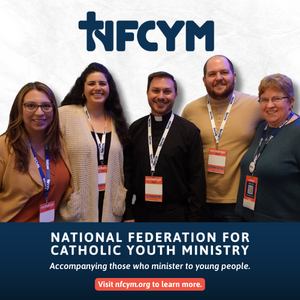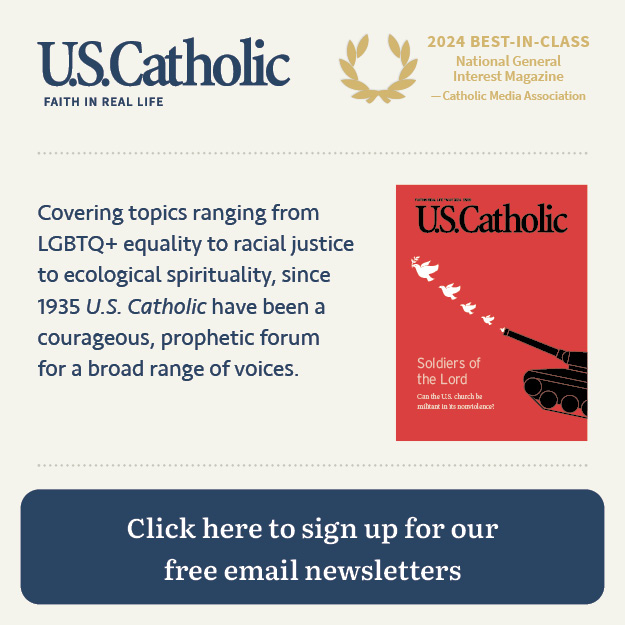By Jill Rauh, Outreach Coordinator at the USCCB Department of Justice, Peace and Human Development and Rostro de Cristo alum
 |
| A Lasallian Volunteer works with students in the classroom. |
It’s that time of the year when many volunteers are ending their time of service and asking, “What is God calling me to do next?”
If you find that question difficult, think of your vocation as the intersection between what you enjoy doing, what you have the skills to do, and what the world needs you to do. In the best case scenario, your time of service has helped you to discover all three.
In my own case, when I completed my year of service with Rostro de Cristo eight years ago, I knew that the time living and working among the poor in Ecuador
It was a great deal of prayer and reflection on the important questions, “What do I enjoy? What skills do I have? What does the world need me to do?” (plus work experience and grad school) that eventually led me to my current job with the Department of Justice, Peace and Human Development for the U.S. Conference of Catholic Bishops. As Outreach Coordinator, I develop educational resources on Catholic social teaching and issues affecting the poor and vulnerable; participate in conferences; collaborate with partners; coordinate outreach to youth and young adults; and many other exciting projects. I feel blessed every day to have found work that I enjoy, which utilizes well the skills I have to offer; and which I feel is responding to an important need—the need for awareness about Catholic social teaching and justice issues, and for opportunities to respond.
So what are the answers to these questions for you?
· What do you enjoy? What gives you a sense of fulfillment and joy?
· What gifts and skills do you have to offer, both natural and learned? What comes easily to you? What is exhausting?
· What does the world need you to do? Does what you enjoy and are skilled at benefit others? Where is there great need? Where can your creativity and energy be put to the best use? Where is it true that “the harvest is abundant but the laborers are few?”


 Thousands of faith-based service opportunities can be at your fingertips with the RESPONSE. Download the latest edition today!
Thousands of faith-based service opportunities can be at your fingertips with the RESPONSE. Download the latest edition today!
